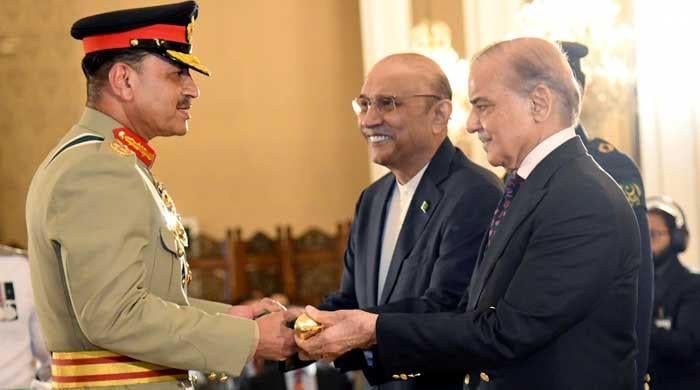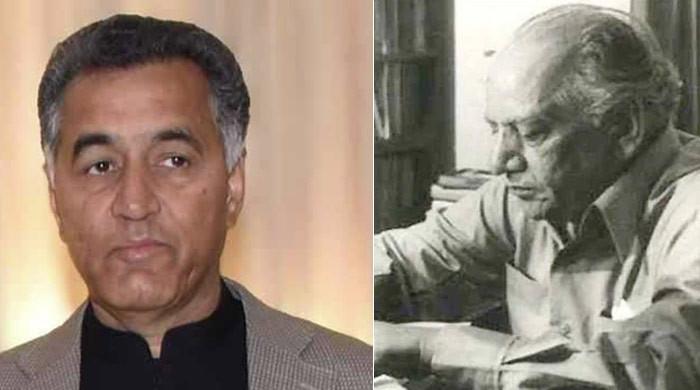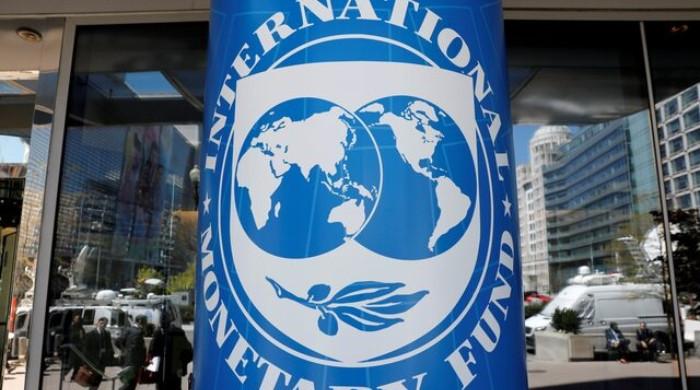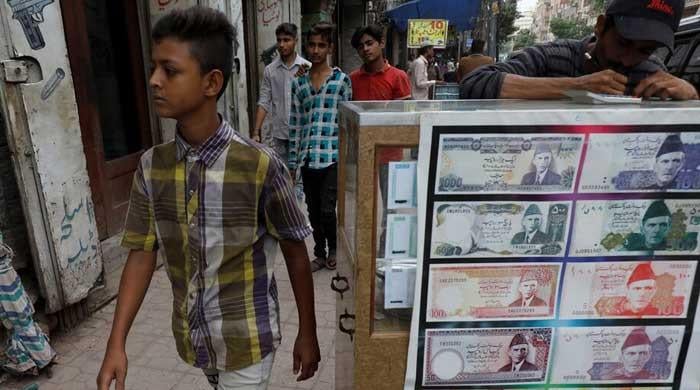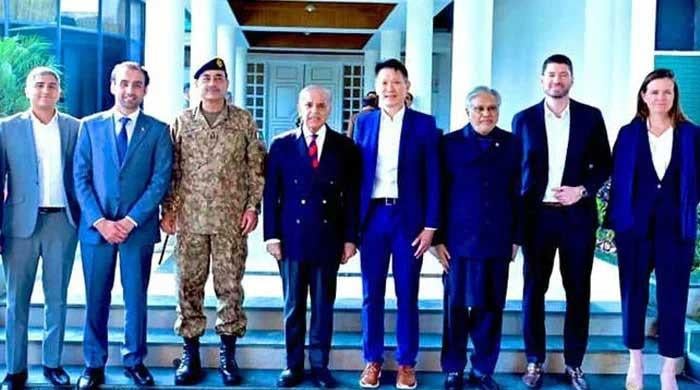The uncultured culture minister
'Fayaz Chohan has recently been expressive about what he thinks ‘culture’ means, hurling inappropriate judgment calls on women of the theatre and film industry'
September 03, 2018
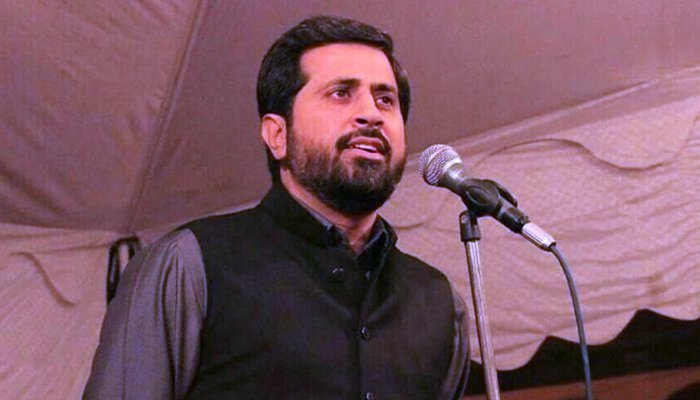
More than just a strong attributive word ‘misogyny’ is an experience, only a handful of Pakistani women, if any, have not had the misfortune of being subject to.
Treating and addressing women with equal respect has less to do with being ‘sophisticated’. It is rather a simple understanding of the human value of dignity and respect. Fayaz Chohan, an elected member of the provincial assembly and a lawmaker, has recently been expressive about what he thinks ‘culture’ means, hurling inappropriate judgment calls on women of the theatre and film industry.
Content aside, his tone and approach was regressive, to say the least, in a world where there has been much progress for the emancipation of women, their rights, dignity and respect. I find it ironic that a party which gathered huge support from women in its initial stages, now has brought a large number of politicians from the far right into the parliament.
It is unfortunate that Chohan who holds a responsible position, that of provincial information and culture minister, would reduce Punjab’s culture to the issue of morality or vulgarity. Moreover, it seems that he believes he holds the right over individual women, who have made life choices of their own.
A recent poll by the Thomson Reuters Foundation ranks Pakistan as the 6th most dangerous country for women out of 10. In this light, the role of elected members like Fayaz Chohan become increasingly important, as they instill a regressive understanding of culture. Isolating and confining women, or certain professions for women, is not the answer nor should this be accepted.
This problem is not limited to Chohan, however. Many male political leaders in Pakistan have been bedfellows with hardline religious parties, in the past. Ingratiating the far right has distorted religious narratives on women, relegating them to an inferior status. Moreover, the statement, language and approach of such politicians further breed discrimination against women, as well as any section of the society that is different, such as the transgender, ethnic and religious minorities.
We, as a society, should not get comfortable with hardline expressions.
Besides women, the religious minorities of Pakistan have been a long-standing target of fundamentalist mindsets who believe that they have a ‘direct line’ to absolute righteousness. A recent advertisement from a government department in Sindh, asked only non-Muslims to apply for the job of a sanitary worker or sweeper.
But does any of this matter? Is anyone listening? It seems that the vulnerable and persecuted are not on the list of priorities for Naya Pakistan, for now.
Alam is the founding member and secretary general of FACES Pakistan.
Note: The views expressed are those of the author, and do not necessarily reflect the official policy or position of Geo News or the Jang Group.




